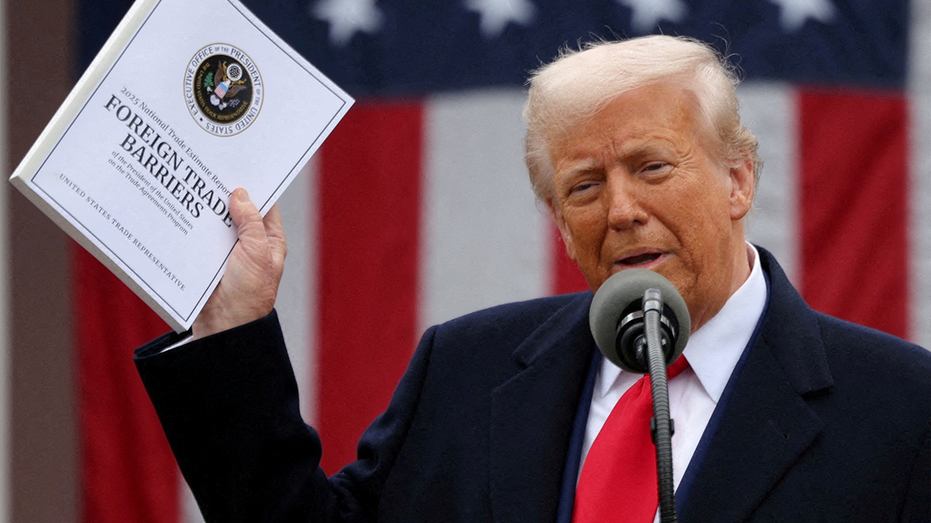2026 FIFA World Cup Countdown: Ongoing CRTC Dispute Between OneSoccer and Rogers Threatens Broadcast Access
Canadian sports fans await resolution as Rogers' refusal to carry OneSoccer hampers access to World Cup coverage ahead of the 2026 tournament.

As the 2026 FIFA World Cup draws closer, tension has escalated in Canada’s broadcast sector over the accessibility of domestic soccer content to mainstream television audiences. At the heart of the dispute is streaming service OneSoccer, which holds broadcast rights for Canadian national teams and the Canadian Premier League, and telecom giant Rogers Communications, which continues to decline carrying the channel on its mainstream cable offerings. Despite a 2023 decision by the Canadian Radio-television and Telecommunications Commission (CRTC) that found Rogers had given itself undue preference by refusing to carry OneSoccer, little progress has been made. Both companies were directed to propose remedies more than a year ago, yet the impasse remains, leaving OneSoccer’s reach constrained and the CRTC’s file on the issue only expanding. In the meantime, OneSoccer has voiced growing frustration, emphasizing the financial toll of operating without broader cable distribution. “Delays such as these are devastating for new independent programming services, such as ours,” the company stated earlier this year, citing high production costs paired with slow revenue growth. Currently, viewers can only access OneSoccer through its own streaming service, via Fubo subscriptions, or select Western Canadian cable providers like Telus. Scott Mitchell, who heads both OneSoccer's parent company Timeless Inc. and the Canadian Premier League, has expressed bewilderment at the drawn-out process. He notes how Rogers’ market dominance—especially after its Shaw merger—gives it outsized influence over what Canadian sports fans see. “We have a home World Cup on the horizon and a clearly growing soccer audience. This issue should be dealt with quickly,” he insisted. For Rogers’ part, the company maintains it already offers an array of popular sports content and highlights the availability of OneSoccer as a stand-alone streaming option. The company argues that the soccer channel appeals to a niche Canadian audience outside of national team matches, pointing out that no other major cable provider has added OneSoccer’s linear channel to their lineups either. The exclusivity of OneSoccer has real-world impact. Major fixtures, like this weekend’s CONCACAF Champions Cup final featuring the Vancouver Whitecaps, remain largely inaccessible to casual or traditional TV viewers, available only to those who subscribe directly via OneSoccer or Fubo. Past collaborations between Rogers and OneSoccer have been limited, and often came with restrictions such as unbranded broadcasts or split advertising revenues. The issue of foreign ownership has also been raised by Rogers, referencing previous ties between OneSoccer’s parent and international production powerhouse Mediapro, though OneSoccer insists ultimate strategic control always rested with the Canadian company. OneSoccer’s dilemma is compounded by the economics of live sports production, which require significant investment. Industry veterans, including OneSoccer consultant Laura Mellanby, highlight that the hesitancy among cable giants stems not only from regulatory pushback, but from a reluctance to shoulder risk on expensive, independently produced sports channels. “Production is very expensive, especially sports production. And you can only simplify it so much. You can’t do a single-camera coverage of a soccer game,” Mellanby explained, contrasting OneSoccer’s model with lower-cost, feed-sharing cricket channels that currently have carriage deals. If Rogers were to add OneSoccer to its lineup, the arrangement would typically see Rogers pay a per-subscriber fee, which could then be marked up for consumers. While cost is a significant obstacle, Mellanby believes the moment is ripe, noting that soccer in Canada is at a pivotal point in its history with the World Cup approaching. Meanwhile, negotiations with other telecoms, such as Bell, have stalled pending the outcome of the protracted CRTC case. Mellanby underscores the commercial reality: “Nobody wants to spend any money… This is not a charity, it’s a business. There needs to be a revenue stream.” As the standoff continues, the wider Canadian soccer community, including Canada Soccer itself, is keeping a watchful eye on the proceedings, hopeful that resolution will arrive before the world’s biggest soccer tournament comes to North American soil. For now, the gap between an enthusiastic fan base and its national sport’s accessibility on traditional television platforms remains unresolved.




